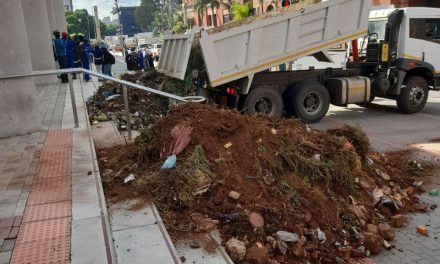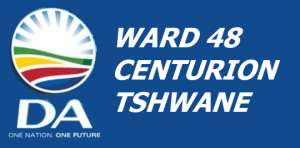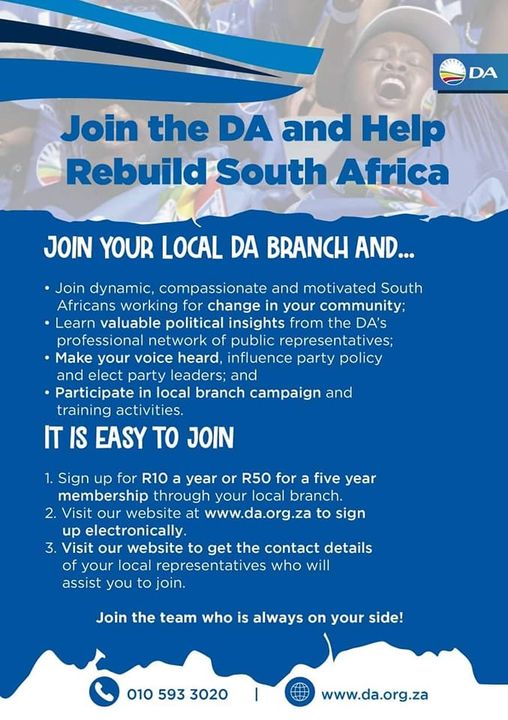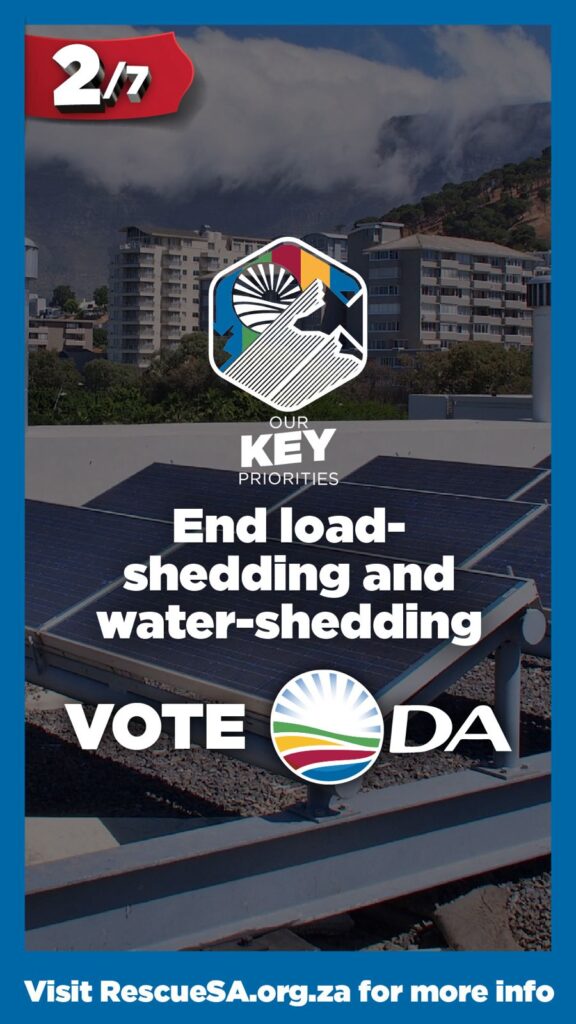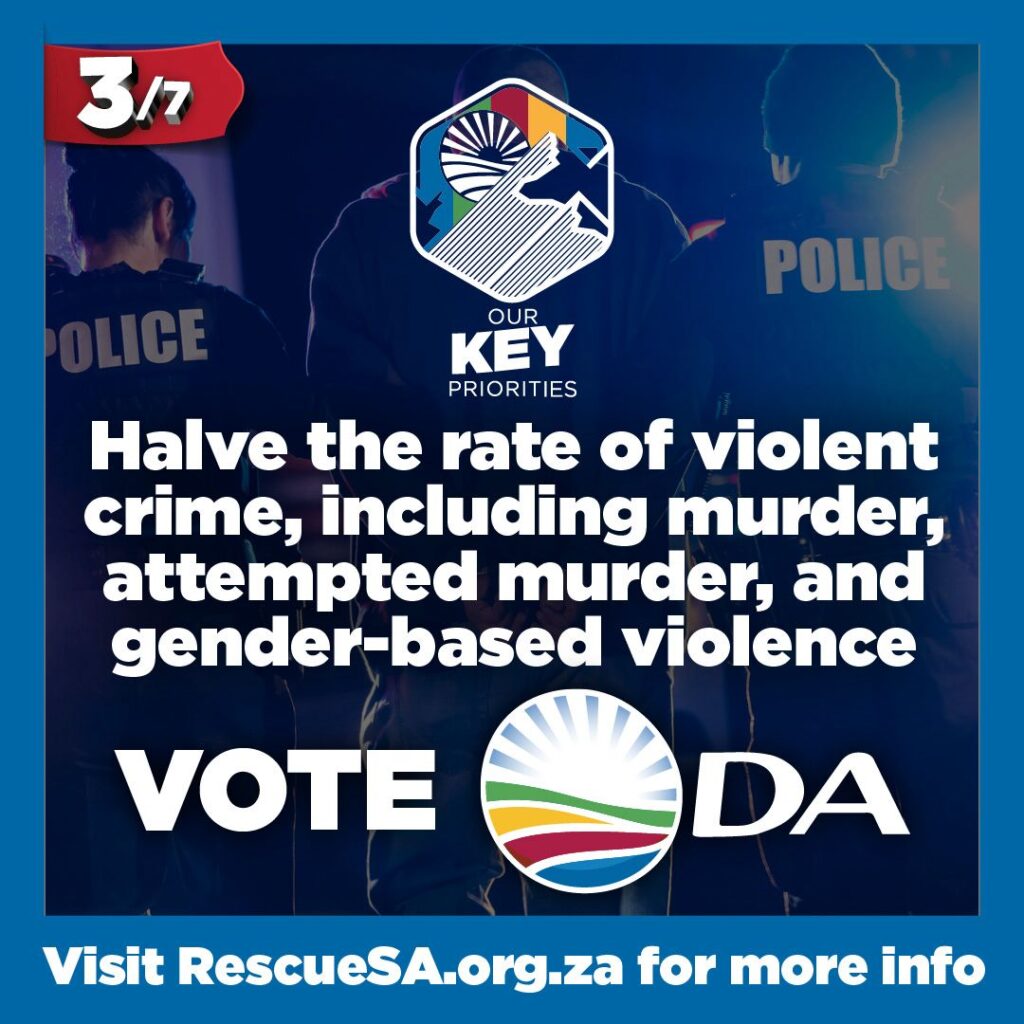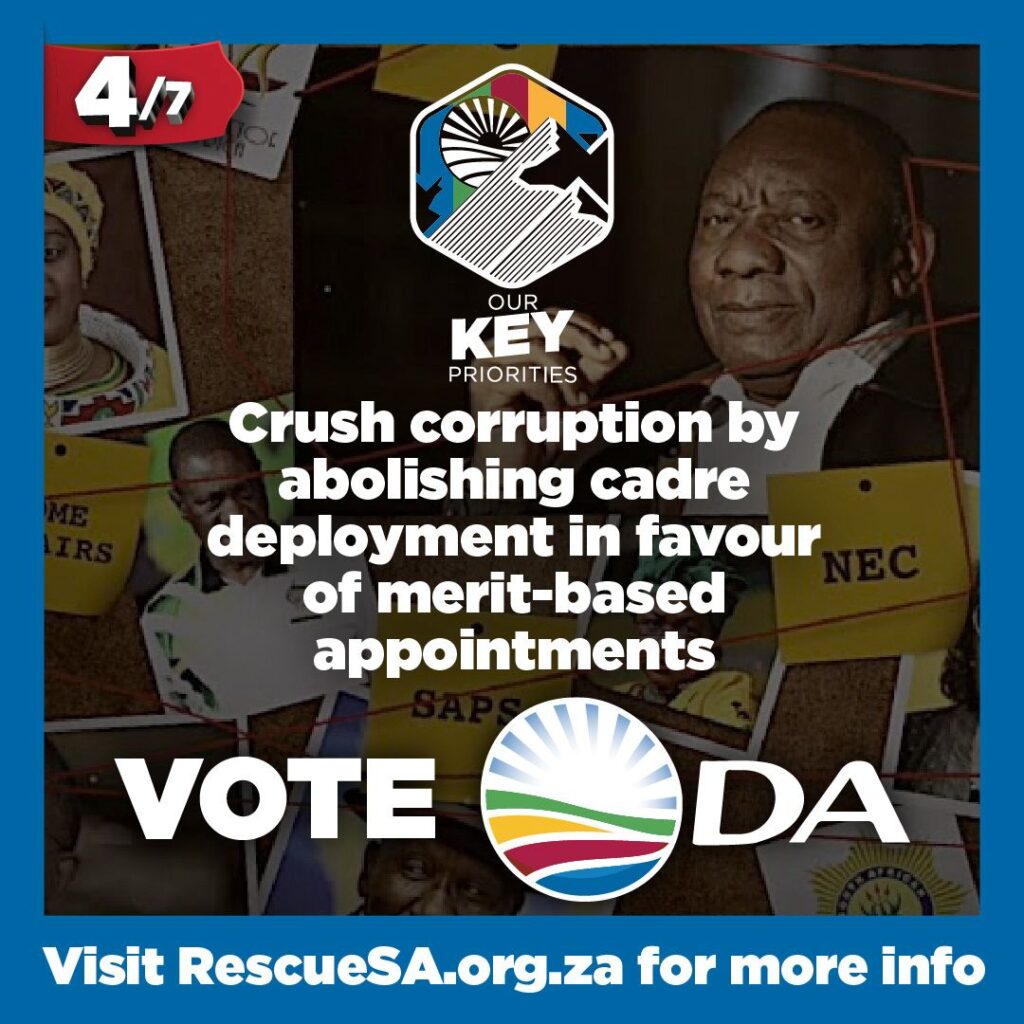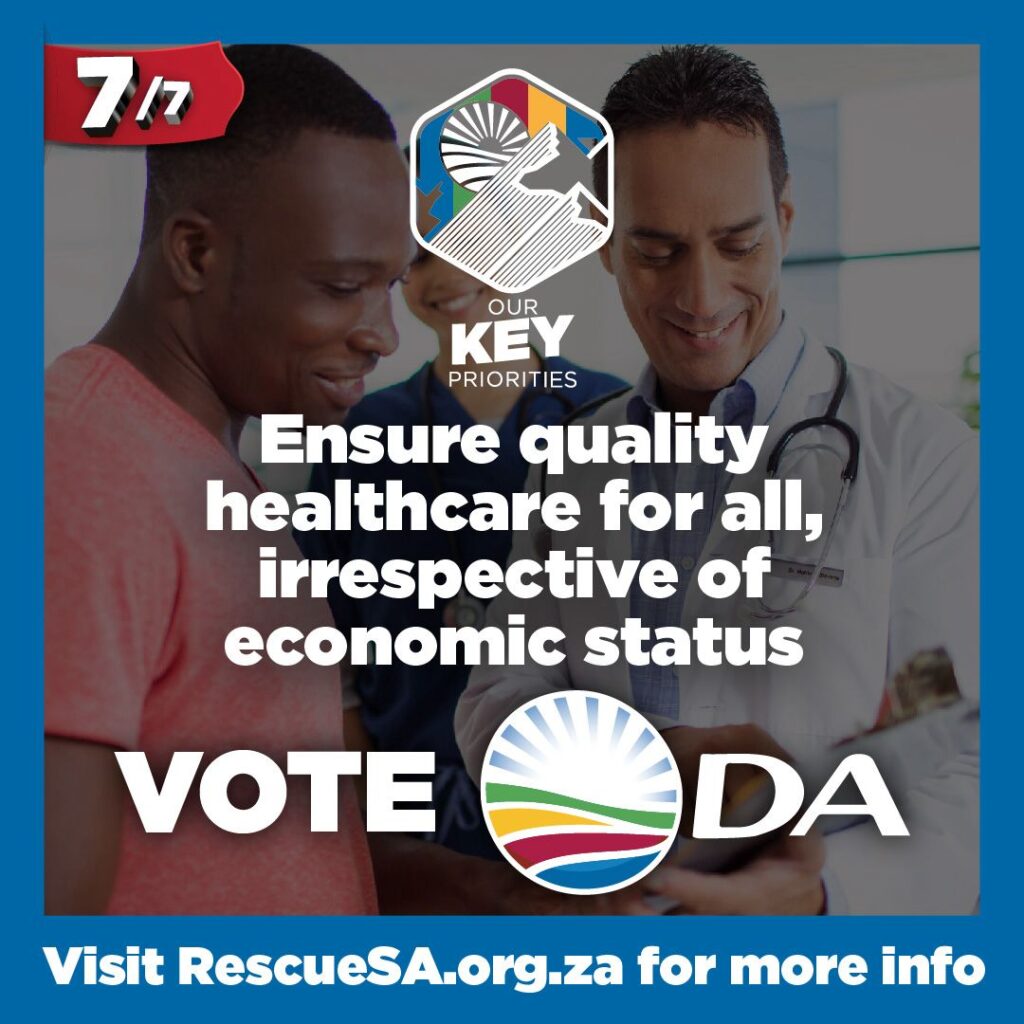“In June 2016, Tshwane had just R207m in the bank and the ANC had left the DA with a debt of R10bn, the maximum loan for a city, leaving the city’s ability to afford the additional debt in doubt.”
Pretoria – While the Tshwane metro’s DA council is trying to stabilise the cash-strapped city’s finances, the ANC is licking its lips in anticipation as it gets ready to unseat the party by having the metro placed under provincial administration.
At the centre of the issue is the controversial smart meter contract with service provider PEU, which played a major role in the DA’s election campaign.
Rapport has reliably learnt that there is great concern within DA ranks that the whip with which they thrashed the ANC might come back to haunt them.
Solly Msimanga, Tshwane’s DA mayor, announced on Thursday that the metro would be submitting court papers in support of business rights group AfriSake’s attempts to have the PEU contract declared null and void.
However, the DA is still paying the unaffordable R4.6m a day to Utilities Management Services (Tums), which is operating the smart meters for PEU.
Cilliers Brink, Tshwane mayoral committee member for corporate and shared services, said they were still waiting on their new legal team’s interpretation of the interim interdict obtained by AfriSake.
Potentially costly rates dispute
In addition to that, three of Tshwane’s biggest electricity consumers have laid a complaint with the National Energy Regulator (Nersa) about PEU’s tariff structures.
To make matters worse, more than half of Tshwane’s PEU customers fall in the bulk supply category whose validity of rates is being disputed. The metro might have to pay back consumers more than R9bn if Nersa or a court finds for the complainants.
This is more than a third of Tshwane’s budget. In June 2016, Tshwane had just R207m in the bank and the ANC had left the DA with a debt of R10bn, the maximum loan for a city, leaving the city’s ability to afford the additional debt in doubt.
Sources in the Gauteng provincial government told Times Live in September that they were convinced that Tshwane should be placed under administration.
Paul Mashatile, MEC for co-operative governance, traditional affairs and human settlements, shortly afterwards appointed a task team to compile a report on Tshwane.
Mogomotsi Mogodiri, Mashatile’s spokesperson, confirmed to Rapport that the investigation had been completed and that Mashatile was considering all options, including putting Tshwane under administration, so that service delivery won’t suffer.
Re-election
“The MEC is considering all its options. Before a city can be placed under administration, there are various legal aspects which have to be considered,” said Mogodiri.
Professor Bernard Bekink, of the department of public law at the University of Pretoria, said it was ironic that the ANC administration that was responsible for Tshwane’s problems is now the one making complaints. However, to place the city under administration might not be a bad option.
Bekink said it is not so easy to place a city under administration and certain steps have to be followed in terms of article 139 of the Constitution and the Municipal Finance Management Act (MFMA) to prove there is no financial liability or service delivery has failed completely.
There are different levels of administration, but when a city is completely under administration, its debt is redeemed by Treasury and a re-election has to be held within 90 days.
“The DA can ask government for bridging capital,” said Bekink.
“In the Constitution there are several options for when a city is placed under administration; it does not necessarily have to boil down to a re-election. I would, I would, for example, have stopped paying PEU some time ago. Let PEU take the matter to court.”
Source: http://www.news24.com/SouthAfrica/News/anc-has-a-plan-to-unseat-da-in-tshwane-council-20161128

